What’s In A Name?
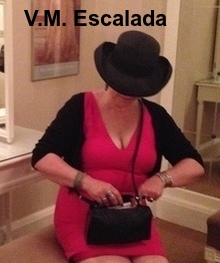 So I’m in my brother’s bookstore, and I’m looking for my latest book, and I’m not finding it. Just as I’m thinking oh really? it strikes me that I’m looking for the wrong name.
So I’m in my brother’s bookstore, and I’m looking for my latest book, and I’m not finding it. Just as I’m thinking oh really? it strikes me that I’m looking for the wrong name.
I’m not sure how much of a secret it is (none for the people who read the bio at the end of my posts) but besides being Violette Malan, I’m also V.M. Escalada. I have to admit that when my agent first suggested I use a penname, my immediate reaction was unfavourable. There are all kinds of reasons for such a suggestion, however, some of which I touched on in a previous post. Today, I’d like to talk about the actual, practical experience.
At first the idea flustered me more than a little – you know writers, we can always see a worst case scenario. I had plenty of questions, and no one – it seemed – to go to for answers. Don’t get me wrong, my agent, and my editor, had plenty of helpful suggestions, just not for these actual, practical, concerns.
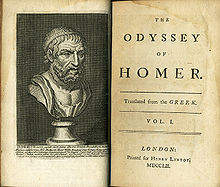 Last time out I talked about how the
Last time out I talked about how the  In case I haven’t mentioned it before, my brother owns
In case I haven’t mentioned it before, my brother owns  They say it’s the question most often asked of writers, but to be honest, no one has ever asked me where I got my ideas. Maybe I’ve been asked where a specific idea came from, but that was more of a “how did you think of that?”
They say it’s the question most often asked of writers, but to be honest, no one has ever asked me where I got my ideas. Maybe I’ve been asked where a specific idea came from, but that was more of a “how did you think of that?”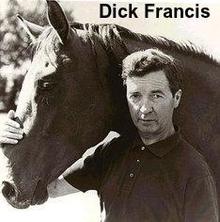 Most of us have, at one time or another, been given the advice “write what you know.” Even people who don’t write themselves have heard it. Sometimes this advice gets people writing furiously away – and sometimes it leaves them scratching their heads, saying “But, um, I don’t know anything.”
Most of us have, at one time or another, been given the advice “write what you know.” Even people who don’t write themselves have heard it. Sometimes this advice gets people writing furiously away – and sometimes it leaves them scratching their heads, saying “But, um, I don’t know anything.”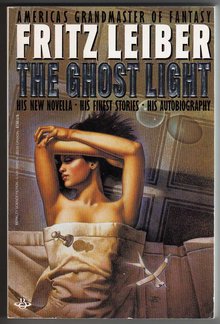 Here at Black Gate we often have posts on films and TV shows as they connect with or pertain to our favorite genre(s). If we don’t talk as much (or at all) about live drama, it’s probably because there’s not as much SF or Fantasy happening on the stage as there is on the screen. I’d think we’d all agree that with a very few exceptions stage effects are simply not equal to the kind of special effects SF and Fantasy often need.
Here at Black Gate we often have posts on films and TV shows as they connect with or pertain to our favorite genre(s). If we don’t talk as much (or at all) about live drama, it’s probably because there’s not as much SF or Fantasy happening on the stage as there is on the screen. I’d think we’d all agree that with a very few exceptions stage effects are simply not equal to the kind of special effects SF and Fantasy often need.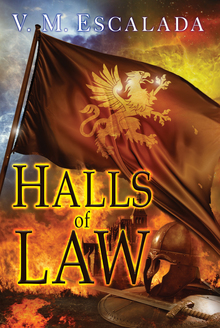 Anyone who’s read the bio that comes at the end of my posts knows that I’m also V.M. Escalada, and that very shortly, in August in fact, Halls of Law (Book One of The Faraman Prophecy) will be coming out from DAW. That news is exciting enough in itself, but a week ago I learned that the audio rights for both of the Faraman Prophecy books had been picked up by Brilliance Audio.
Anyone who’s read the bio that comes at the end of my posts knows that I’m also V.M. Escalada, and that very shortly, in August in fact, Halls of Law (Book One of The Faraman Prophecy) will be coming out from DAW. That news is exciting enough in itself, but a week ago I learned that the audio rights for both of the Faraman Prophecy books had been picked up by Brilliance Audio.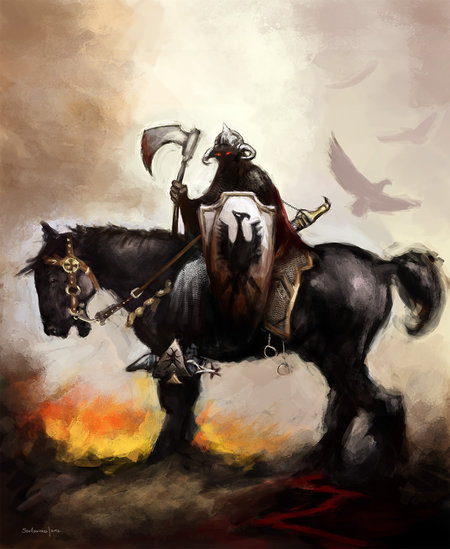
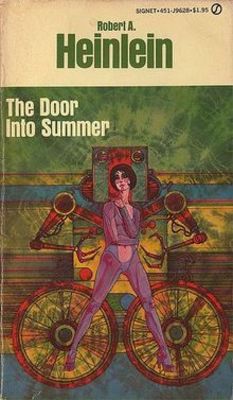
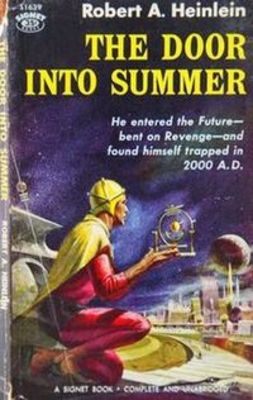
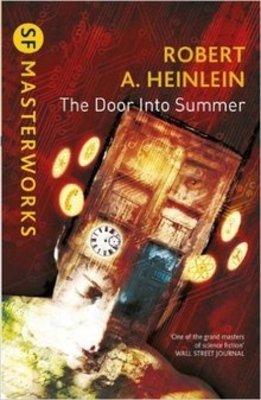
 People can have all kinds of reasons to use another name, or to change their names permanently, for that matter. There are personal or family reasons, like marriage or adoption. There are political or social reasons, like marking a religious conversion, or immigration – though that last’s not as common now as it was in the early to mid-20th century. My own father, for example, changed his name to Malan because British authorities – to whom he had to report regularly as a displaced person after WWII – suggested that he try to sound less Polish since he was planning to stay in England. He chose a name much in the news at that time, and that’s why my brother and I are often asked if we’re South African.
People can have all kinds of reasons to use another name, or to change their names permanently, for that matter. There are personal or family reasons, like marriage or adoption. There are political or social reasons, like marking a religious conversion, or immigration – though that last’s not as common now as it was in the early to mid-20th century. My own father, for example, changed his name to Malan because British authorities – to whom he had to report regularly as a displaced person after WWII – suggested that he try to sound less Polish since he was planning to stay in England. He chose a name much in the news at that time, and that’s why my brother and I are often asked if we’re South African.